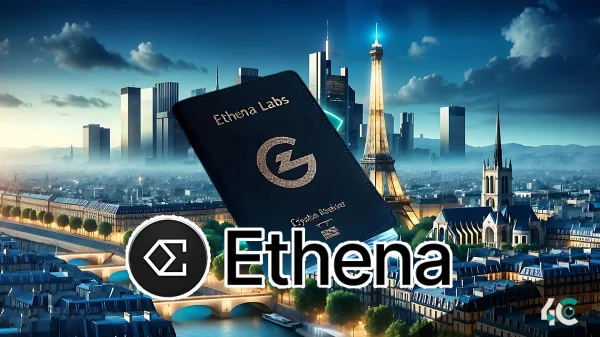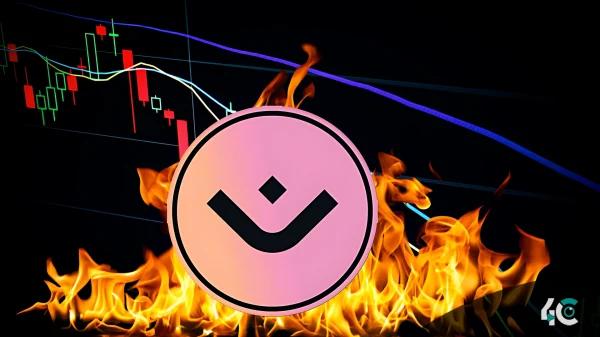Google has blocked 17 South Korean cryptocurrency exchanges in response to regulatory compliance issues. This move aligns with stricter enforcement of financial regulations, impacting the accessibility of these platforms. What does this mean for crypto traders and the broader market?
Among the affected exchanges are significant ones such as KuCoin, MEXC, Phemex, XT.com, CoinW, CoinEX, Poloniex, BTCC, and BitMart. This prohibition prevents anyone from downloading certain apps; current users will not receive any updates.
Under South Korea’s Specific Financial Transactions Act, all virtual asset service providers (VASPs) must register with authorities. A class action settlement might result in $46 million in payouts for eligible users. Regulators have said that worries about money laundering, fraud, and unregulated financing drive the crackdown.
The South Korean government’s action is not unique; they have previously stopped unregistered trades. Regulators limited 16 such platforms in 2022 and carried on with more enforcement in 2023. Recent limits reveal the government’s continual will to impose more rigorous control on the bitcoin industry.
Domestic exchanges like Upbit are likely to gain more market share as a result of the limitations, while overseas exchanges will likely struggle to maintain their presence. The authorities are cooperating with Apple Korea and the Korea Communications Standards Commission (KCSC) to impose such limitations on crypto websites and the App Store.
The future of the unregistered exchanges now operating in South Korea is grim as these rules grow stringent. The government is implementing its financial systems; hence, market participants will have to obey the current rules.













































